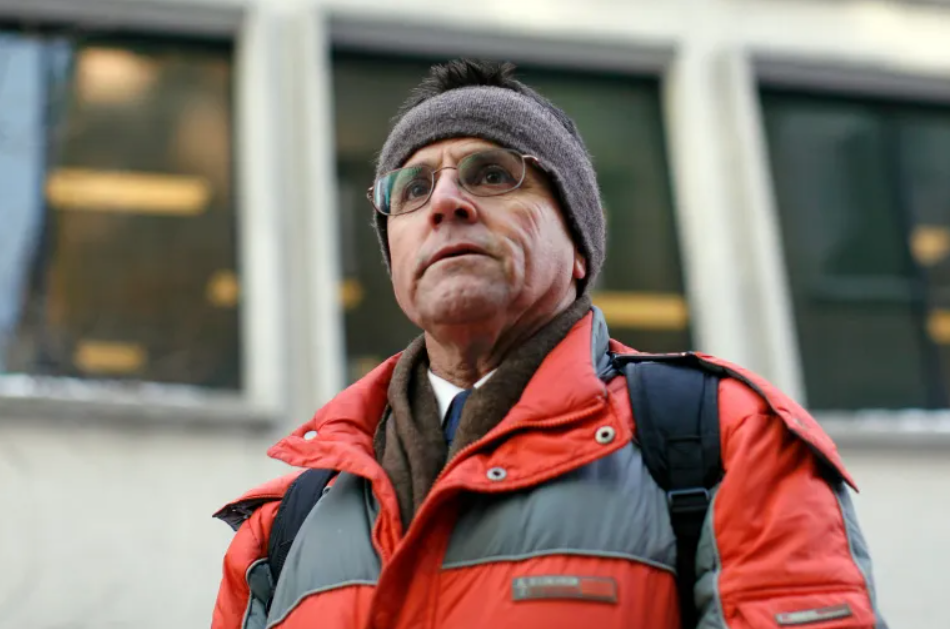(Al Jazeera Media Network) A court in France has sentenced a Canadian academic to life in prison in absentia for a deadly 1980 bombing of a Paris synagogue, drawing condemnation from rights advocates in Canada who have long argued the case against Hassan Diab is unjust.
The court on Friday followed French prosecutors’ request for the maximum possible punishment against Diab, now 69 and a resident of the Canadian capital of Ottawa.
The decision was met with silence in court. Some victims and their families could be seen embracing at the end of three weeks of proceedings during which the suspect’s box remained empty.
French authorities accused Diab, who for years has maintained his innocence, of planting explosives on a motorcycle that detonated near a synagogue on Copernic Street in Paris’s 16th district in the early evening of October 3, 1980.
The blast killed a student passing by on a motorbike, a driver, an Israeli journalist, and a caretaker, while 46 others were injured.
Speaking to reporters in Ottawa following the verdict, Diab called his situation “Kafkaesque”.
“We hoped reason would prevail,” he said, as reported by CBC News.
Diab’s lawyers say he was in his native Lebanon studying for university exams at the time of the 1980 attack and is a victim of mistaken identity, a scapegoat for a justice system determined to find a culprit.
His supporters also say the French case relied on secret intelligence and faulty handwriting samples.
“I’m in front of you to avoid a miscarriage of justice,” defence lawyer William Bourdon told the court on Thursday, saying that an acquittal was “the only judicial decision possible.”
The head of the Representative Council of French Jewish Institutions (CRIF) welcomed the conviction on Friday, saying “justice was finally served” and urging Canada to co-operate with the French judicial authorities.
But the sociology professor’s supporters rejected the court’s decision, with the former head of Amnesty International Canada, Alex Neve, calling it “disgraceful”.
“Justice very much needed for this bombing 42 yrs ago; not by scapegoating an innocent man,” Neve wrote on Twitter.
“The evidence shows he’s innocent and yet they’ve convicted him,” Diab’s longtime Canadian lawyer Donald Bayne said during a rally in Ottawa on Friday.
“It’s a political result. It’s a wrongful conviction,” Bayne said.
In 2014, Canada extradited Diab at the request of the French authorities.
However, investigating judges were unable to prove his guilt conclusively during the investigation and Diab was released, leaving France for Canada as a free man in 2018.
Three years later, a French court overturned this earlier decision and ordered that Diab should stand trial on charges of murder, attempted murder, and destruction of property in connection with a “terrorist” enterprise.
It remains unclear if Canada will agree to Diab’s potential extradition, but Canadian human rights advocates have called on Prime Minister Justin Trudeau’s government to refuse any requests from France.
Asked to comment on the French court’s verdict, Trudeau told reporters that his government “would look carefully at next steps, at what the French government chooses to do, what the French tribunals choose to do.”
“But we will always be there to stand up for Canadians and their rights,” he said.
In 2018, the prime minister said “what happened to [Diab] should never have happened.”
“This is something that, obviously, it’s an extremely difficult situation to go through for himself, for his family, and that’s why we’ve asked for an independent external review to look into exactly how this happened and make sure that it never happens again,” Trudeau said at that time.


